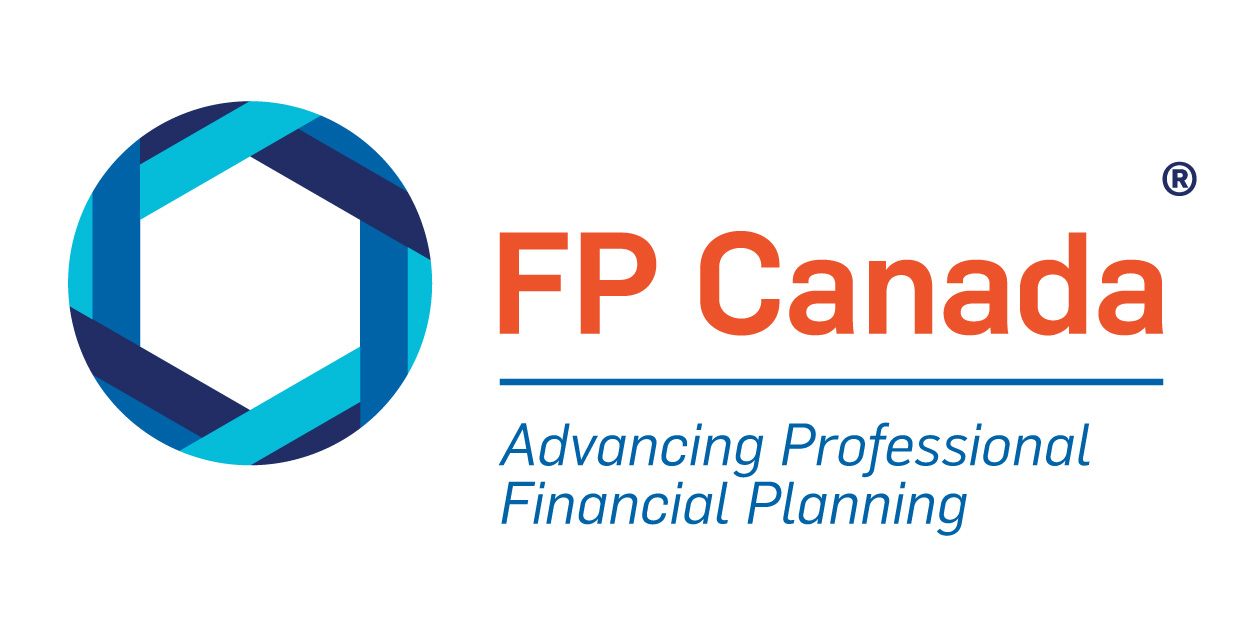Has the financial support you’ve provided your child extended into adulthood?
If so, there are steps you can take to help get them on the path to financial independence—and protect your own finances.
Helping Your Adult Child During Challenging Times
In today’s economic landscape, achieving financial independence has become a significant challenge for many young adults. This is placing undue stress on parents, who are finding themselves stepping in to provide financial aid.
It’s no wonder parents want to help, given the financial woes young people are facing. FP Canada’s 2023 Financial Stress Index highlights some of these difficulties. For example, when asked what causes them the most stress, Canadians aged 18-25 responded that money (44%) was their top stressor.
When adult children are dealing with these issues, parents often feel a duty to provide for them. That’s admirable. But if you find yourself in this situation, one of your biggest priorities should be empowering your adult child to become more financially independent. Here are four tips to help parents make that happen.
1. Understand your financial situation
One of the most important rules of air travel is “put on your own oxygen mask first” in an emergency. Why? Because if you run out of oxygen, you won’t be able to help others. This same rule applies to parents who support an adult child. It’s critical that you understand your own finances first.
Start by consulting a CFP® professional or QAFP® professional. Take the time to do a thorough review of your savings, income, and expenses together, and consider other factors that are important to your financial well-being. Are you approaching retirement? Do you have other children? Do you have major debts? These types of questions are important to consider before deciding to offer financial support.
2. Improve their financial literacy
One of the most valuable things a parent can give their child is a solid foundational understanding of financial matters. Take some time to sit down with your adult child and share what you know about budgeting, saving, investing, and the importance of living within your means.
You might also consider involving your adult child in family conversations about money and finances, and discussing your own financial experiences and mistakes. This type of open communication can help ensure they’re better equipped to make sound financial decisions.
3. Make your intentions clear
When you provide an adult child with financial support, it’s important to clearly state your intentions. Are you gifting them with the funds, or is it a loan? Either way, you should let them know your expectations upfront, ensure they understand, and put the conditions in writing.
It also pays to have a larger goal in mind. For example, you can help instill positive financial habits by gifting funds for a contribution to a Registered Retirement Savings Plan (RRSP). Simply gifting funds without providing direction has the potential to slow down progress toward financial well-being.
4. Consult a CFP professional or QAFP professional
No matter what your financial hurdles are, a CFP professional or QAFP professional can help you, your family, and your adult child navigate financially dependent relationships. Crucially, they’ll work with you to develop a strategy for achieving your own financial well-being. But they can also guide you in dealing with a financially dependent adult child.
You should also encourage your child to seek out their own support from an expert. Let them know there’s no shame in seeking help — and that professional financial planners have the expertise they need.
To find a CFP professional or QAFP professional who can help your family, use the Find Your Planner tool.

Nabila Mirza, QAFP, RIS is the Wealth Specialist at Connect First Wealth in Olds, Alberta.

 Find Your Financial Planner
Find Your Financial Planner



